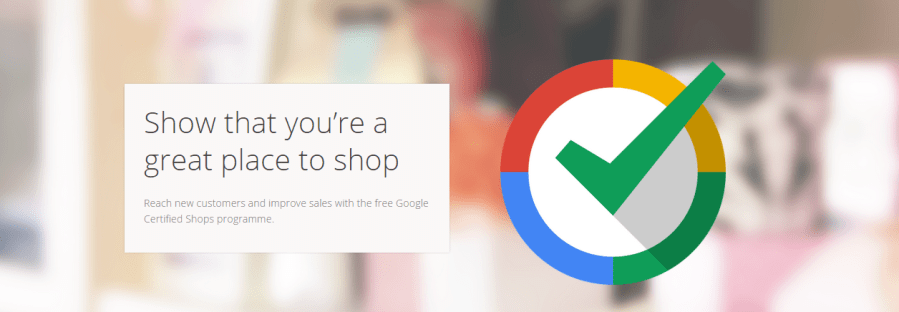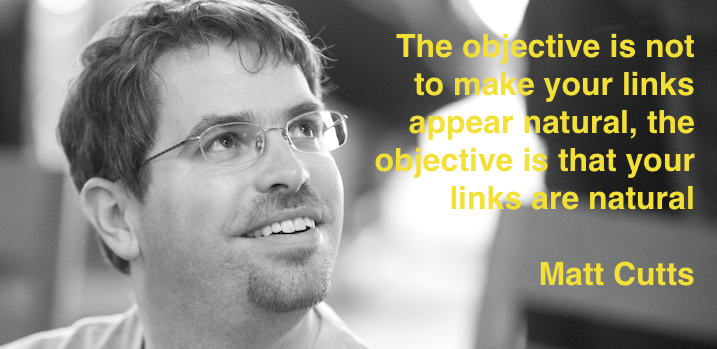When Google started in 1998, they had the aim of ‘organising the world’s information and make it universally accessible and useful’. This was backed up by the mantra or brand value ‘Don’t be Evil’. Over recent years however they seem to have concentrated more on the former and slightly less on the latter.
Their new ‘Certified Shops Programme‘, whilst not evil in concept, does seem to wrestle even more power under their control. So what is it?
On the surface it looks simple. It’s a programme that puts some standards into the sellers so that the buyer can buy with confidence from any online retailer that displays their symbol. It’s free to the seller and free to the buyer. They even offer you £1,000 of buyer protection, in case things go wrong. That’s brilliant. It’s a total win, win right?
Wrong.
Here’s my thinking – which is only conjecture and my opinion.
For the retailer
- Signing up will become a necessity if you want to sell via the Google platform and with over 90% of the search market in the UK, you will not be able to trade without it.
- Mediation of any issues is handled by Google, they decide what is right and wrong in the transaction and act as judge and jury.
- You cannot deal with the irate or happy customer at all. You are allowing Google to negotiate any issues on your behalf.
- If you disagree, you lose seller status and in the worst cases, they could put a manual penalty on your search position. This could kill your business overnight.
- You have to hand over all of the transaction details of your customer to Google. As the customer has to sign in on a Google account to participate in the buyer protection, they are handing over ALL of their previous search behaviour too.
- Google then have the right to speak to your buyer directly and ask them about their experiences with you and with others online, it’s in their terms and conditions.
- Google can then build a perfect behavioural picture of ALL of your customers and who else they have shopped with, or ever considered shopping with.
- With this profile of buyer behaviour they can feed this into their AdWords and PLA advertising algorithms, so all of your precious keywords and hard earned click/conversion behaviour are essentially made available to everyone else in the market if they are prepared to bid more for it than you are.
- Google focus the seller power into fewer and fewer sellers as not all will have the sales figures to qualify for the Certified Shops Programme, and they control those sellers’ access to market. Maybe not evil, but certainly wielding an enormous amount of power over the market, maybe even monopolistic power.
- You no longer own any element of your customer relationship, Google do. You signed it over without noticing. They can just cut you out of the deal next time and sell any access to your customers to the highest bidder.
But that’s okay as the buyer is protected right?
- The £1,000 buyer protection is a lifetime figure. if you make a claim up to this limit, you lose out going forward, you can never be protected again.
- You have 60 days to claim and they make it very clear that this is no form of warranty.
- Buying on a credit card offers far greater protection, without any of the data sharing. The retailer pays the transaction fee.
- By sharing all of the buyer and search behaviour you have ever done over to Google, you are allowing them to read every one of your emails and feed you tailored advertising and promotions.
- Google now have the power to limit the searches you see. because they know you through studying all of your behaviour online, they can choose what they allow you to see. Maybe this is taking it too far, but they could genuinely only allow you to see sellers THEY approve rather than the ones who may be more up your own ethical or behavioural street.
So in summary, as yet it’s too early to say, where Google may take this, but it’s certainly a huge programme and one that could wreak total havoc on the seller environment and begin to affect all of our buyer behaviour online.
PS, if you ever want to trick the system try the difference between a logged in search in Google Chrome and then one that you do in private browsing mode in Safari or Firefox. You’ll find quite a difference in the results you see in search.


